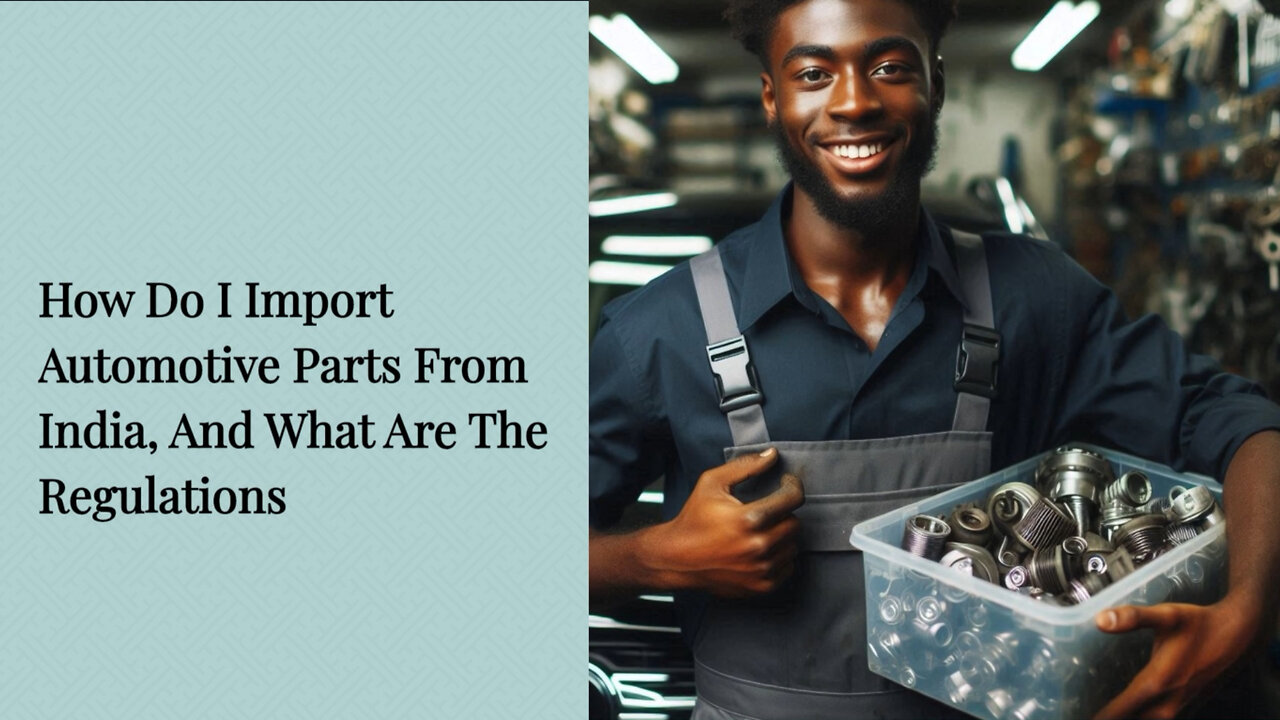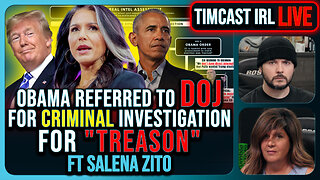Premium Only Content

Importing Automotive Parts from India: Navigating Regulations and Requirements
ISF Entry | Phone: 800-215-1849 | Email: isf@isfentry.com | https://isfentry.com/
Importing automotive parts from India to the United States requires careful attention to regulations and requirements. A customs broker is an essential partner throughout the import process, as they have the expertise to handle the necessary paperwork, compliance, and coordination with customs officials. The first step is filing an Importer Security Filing (ISF), also known as the 10+2 rule, which gathers specific information about the imported cargo. This filing must be completed at least 24 hours before the goods are loaded onto the vessel in India. Customs documentation, such as a commercial invoice, packing list, and bill of lading, must also be completed accurately and thoroughly to prevent delays or penalties. Different regulations may apply to specific automotive parts, including restrictions, quotas, licenses, or certifications. It is crucial to understand and comply with these regulations before beginning the import process. Importers are responsible for paying customs duties and taxes based on the value of the goods and applicable tariff rates. Some automotive parts may also need to meet safety and quality standards established by organizations like the National Highway Traffic Safety Administration (NHTSA) and the Environmental Protection Agency (EPA). To ensure a successful importation, work closely with your customs broker to navigate these regulations and requirements.
#usimportbond #isfcustomsbroker #uscustomsclearing #isfentry
Video Disclaimer Here: This educational content is unassociated with US governmental bodies.
0:23 - When importing automotive parts from India, it's essential to work with a licensed customs broker who can assist with paperwork, compliance, and coordination with customs officials, ensuring a smoother import process
1:11 - Importers must file an Importer Security Filing (ISF) at least 24 hours before the goods are loaded, along with necessary customs documentation like a commercial invoice, packing list, and bill of lading, ensuring all information is accurate to avoid delays
2:35 - Be aware of specific regulations governing automotive parts, including potential restrictions, safety standards from organizations like NHTSA and EPA, and the obligation to pay customs duties and taxes upon arrival, which depend on the value and classification of the goods
-
 LIVE
LIVE
TimcastIRL
22 minutes agoObama Referred To DOJ For TREASON, Criminal Investigation, CIVIL WAR!! | Timcast IRL
18,532 watching -
 LIVE
LIVE
Glenn Greenwald
2 hours agoAaron Maté on More Russiagate Fallout, Protests in Ukraine, and Israel's Strikes on Syria With Special Guests John Solomon, Marta Havryshko, and Joshua Landis | SYSTEM UPDATE #491
8,106 watching -
 LIVE
LIVE
Dr Disrespect
8 hours ago🔴LIVE - DR DISRESPECT - 10 WINS CHALLENGE - BIG ANNOUNCEMENT AT 12PM PT
1,979 watching -
 LIVE
LIVE
Melonie Mac
1 hour agoGo Boom Live Ep 56!
449 watching -
 LIVE
LIVE
RalliedLIVE
7 hours ago $1.58 earned10 WINS WITH THE SHOTTY BOYS
576 watching -
 LIVE
LIVE
Mally_Mouse
8 hours agoLet's Hang!! - P.O. Box & Chill - WE HIT 10,000!!!
194 watching -
 31:34
31:34
Friday Beers
2 hours agoOur Horrifying Night Drunk Ghost Hunting the Manson Murders
1.37K3 -
 40:48
40:48
The Kevin Trudeau Show Limitless
10 hours agoHow Karma Really Works (And How the Elites Use it)
140 -
 1:08:42
1:08:42
BonginoReport
3 hours agoDems Exposed For Hiding Hillary Clinton’s Poor Health - Nightly Scroll w/ Hayley Caronia (Ep.96)
113K48 -
 53:21
53:21
ZeeeMedia
3 hours agoAustralia's Abortion Rewards, Crypto Surge & Organ Harvest Horror | Daily Pulse Ep 72
2.06K1